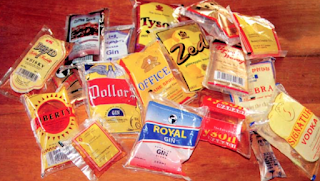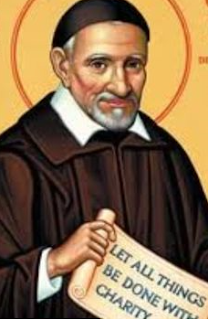In previous posts I have referred to tribal conflicts. Indeed, it was concerns about tribal violence that lead to the decision, here at Caritas Nebbi, not to travel to Aura for the Requiem Mass for Emeritus Bishop Fredrick Drandua who died on 1 September 2016.
Sadly, the unrest that erupted following Bishop Drandua's death has not abated and overnight the situation deteriorated significantly. It has been reported that heavy gunshots have been heard throughout the night at Ediofe, the seat of the Arua Diocese, about 3 kilometres west of Arua itself.
The police, reinforced by the army, are reported to be fighting running battles with a group of irate Christians in Arua that reportedly massed overnight in an attempt to evict the Bishop of Arua, Bishop Sabion Odoki.
The police and army are understood to have removed some people who had, since the burial three weeks ago of Bishop Drandua, camped at his graveside at Ediofe Cathedral. This group have claimed to be mourning and protecting the burial site amid reports that some unnamed people planned to tamper with it. Their expulsion was followed by riots outside the Cathedral, including destroying the makeshift structure for Sunday Masses since the Cathedral is undergoing renovation. It has also been reported that, the Cathedral's bells tolled in a coded invite for Christians to gather.
The latest reports (mid-morning 22 September 2016) indicate that the police is still firing teargas, and that groups of youths have gathered at the football pitch of the nearby Ediofe Primary School, at Yitia, Arua's main trading centre, and, behind the Cathedral itself.
Bishop Odoki's appointment was not welcomed by many in Arua who maintained that as he was from a different tribe he would not understand the people of the Diocese. Since Bishop Drandu's death, many have accused Bishop Odoki of treating his predecessor badly after the Diocese failed to raise money, and allegedly declined guarantee, for his treatment in Italy. It was also reported that Bishop Odoki, Gulu Archbishop John Baptist Odama and Arua Diocese Vicar General were pelted with stones during the burial.
Please pray for peace in Arua and for reconciliation and concord between Bishop Odoki and the people of his Diocese. It is a sad irony that only yesterday, Pope Francis, alongside leaders of many other faiths, met in Assisi to pray for peace and he warned that religion should
never be used to justify war or conflict,
"Our religious traditions are diverse. But our differences are not the cause of conflict and provocation, or a cold distance between us. We have not prayed against one another today, as has sometimes unfortunately occurred in history. Without syncretism or relativism, we have rather prayed side-by-side and for each other... It is a virus that paralyzes, rendering us lethargic and insensitive, a disease that eats away at the very heart of religious fervour, giving rise to a new and deeply sad paganism: the paganism of indifference... We must never tire of repeating that the name of God cannot be used to justify violence. Peace alone, and not war, is holy! Our future consists in living together. For this reason we are called to free ourselves from the heavy burdens of distrust, fundamentalism and hatred."

















































